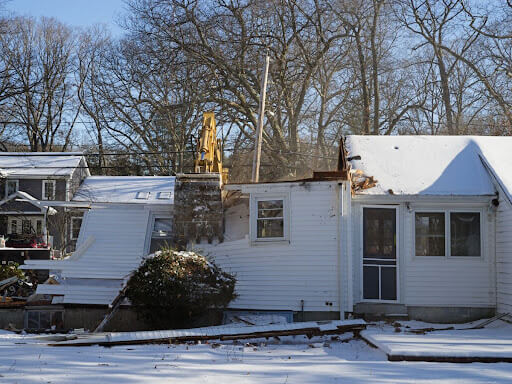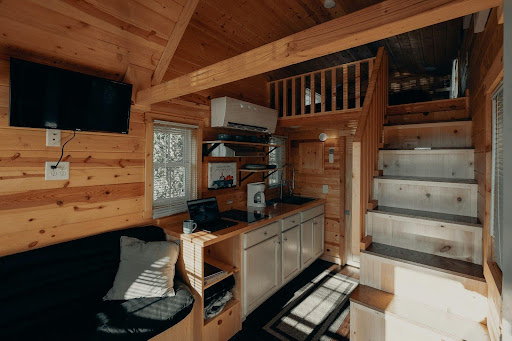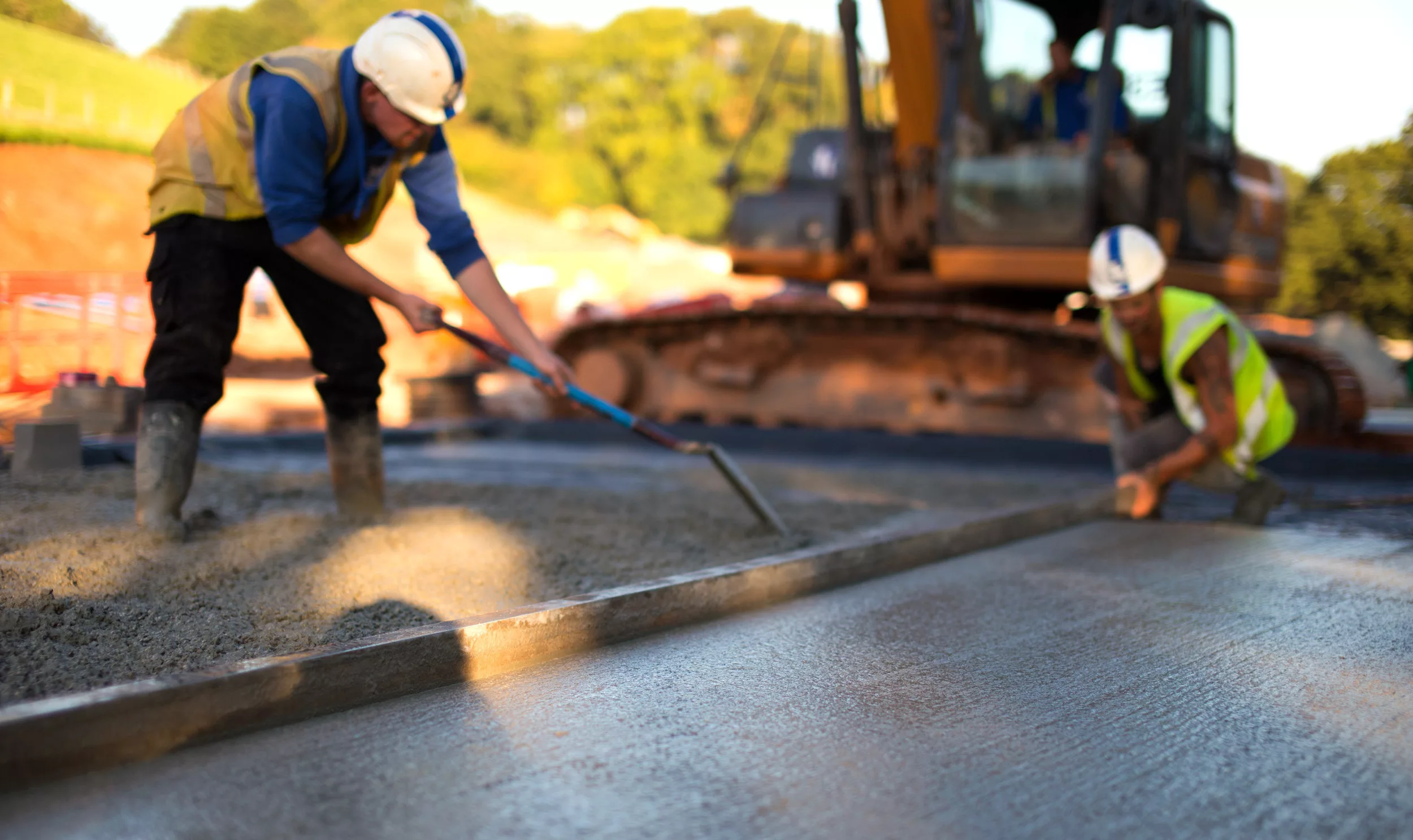
Planning a house demolition project may seem daunting, but with the right approach, it can be a smooth and successful endeavor. Whether you need to demolish your house due to structural issues, extensive renovation plans, or land redevelopment, this comprehensive guide will provide you with in-depth insights to help you navigate the process. We’ll discuss the importance of evaluating the need for demolition, understanding legal and environmental requirements, setting a realistic budget, planning the demolition schedule, hiring reliable contractors, and preparing for demolition day.
I. Determine the Need for Demolition
Before embarking on a house demolition project, it’s crucial to assess the need for demolition. Evaluate whether the house is suffering from severe structural damage or if it’s more viable to renovate. Here are common scenarios where residential demolition may be necessary:
- Structural Damage: Significant structural issues, such as foundation problems, severe water damage, or compromised integrity, make demolition the most practical solution.
- Extensive Renovation or Remodeling: If the renovation plans are extensive and involve major structural modifications, it might be more cost-effective to demolish and rebuild.
- Safety Concerns: Houses that pose a safety risk due to aging materials, mold infestation, or potential hazards like asbestos may require demolition.
- Land Redevelopment: In cases where the property’s purpose is changing, such as converting residential land into a commercial or industrial space, demolition may be necessary.
II. Evaluate Legal and Environmental Requirements
Before commencing a house demolition project, understanding the legal and environmental regulations is crucial to ensure compliance. Here’s what you need to consider:
- Research Local Regulations
Different regions have varying laws and regulations regarding house demolition. It’s essential to research and understand what permits, approvals, or documentation you need before proceeding. Contact your local building or planning authority to obtain the necessary information. Failure to comply with regulations can lead to expensive fines or legal complications.
- Consider Environmental Impact
Demolition projects have environmental implications, so it’s important to assess and minimize potential harm. Consider the following measures:
- Conduct an Environmental Assessment: Hire professionals to assess the property for potential environmental hazards or protected species that may require special permits.
- Salvage and Recycling: Salvage valuable materials like fixtures, doors, or flooring for reuse or donate them. Additionally, emphasize recycling construction waste like steel, bricks, or concrete.
- Responsible Disposal: Properly dispose of hazardous materials through appropriate channels. Asbestos, lead-based paint, or chemicals must be handled by licensed professionals following safety guidelines.
III. Set a Realistic Budget
Determining your budget is a critical aspect of planning a house demolition project. The cost can vary based on several factors, such as the size of the house, its location, the demolition method chosen, and waste disposal expenses. Consider the following:
- Understand Cost Factors
To create a realistic budget, familiarize yourself with the various cost components involved in a house demolition project. The table below provides an approximate breakdown of costs based on different scenarios:
| Cost Factors | Approximate Costs |
| Demolition Method | Mechanical: $4,000 – $15,000 |
| Manual: $8,000 – $30,000 | |
| Waste Removal | $1,000 – $5,000 (varies based on material) |
| Utilities Disconnection | $500 – $2,000 |
| Asbestos Removal | $1,500 – $5,000 (if applicable) |
| Permitting and Documentation | $500 – $2,000 |
| professional fees | varies based on size, complexity, and location |
| Total Cost | $5,000 – $50,000+ |
- Seek Professional Advice
To get an accurate estimate and understand the demolition costs specific to your project, consult reputable demolition contractors in your area. Request multiple quotes to compare prices and services. When choosing a demolition contractor, consider their expertise, experience, certifications, and licenses. Additionally, don’t forget to inquire about insurance coverage to protect yourself from any potential liabilities.
IV. Plan the Demolition Schedule
Having a well-planned demolition schedule ensures a smoother and more efficient project. Consider the following factors:
- Discuss Project Timeline
Establishing a realistic timeline for your demolition project is essential to manage expectations. Keep in mind that unexpected issues can arise during the process, such as adverse weather conditions or the discovery of asbestos. Plan for potential delays by setting conservative timelines.
- Coordinate Utilities and Services
Before starting the demolition, ensure all utilities and services are properly coordinated and disconnected to avoid any disruptions or accidents. Create a checklist of essential services to notify, including:
- Water and Sewer: Contact the utility company to disconnect these services temporarily or permanently.
- Gas and Electricity: Notify the respective providers to disconnect the connections safely.
- Telecommunications: Inform telephone, cable, and internet service providers to disconnect any lines.
V. Hire a Reliable Demolition Contractor
Selecting a reliable and experienced demolition contractor is crucial to the success of your project. Follow these guidelines:
- Research and Selection
Take the time to research and select reputable demolition contractors in your area. Look for contractors with positive reviews or ask for referrals from friends, family, or real estate professionals. Evaluate their track record by inquiring about previous residential demolition projects they have completed.
- Contracts and Agreements
To protect your interests and ensure a clear understanding of project expectations, create a detailed contract with the chosen contractor. Include the following elements in the contract:
- Project Scope: Clearly outline the specific tasks and responsibilities assigned to the contractor, such as demolition, waste removal, and site cleanup.
- Cost Breakdown: Specify the cost associated with each individual task and any potential extra charges.
- Timelines: Detail the start and completion dates for the demolition project.
- Payment Terms: Establish a payment schedule, including the initial deposit, progress payments, and the final payment upon satisfactory completion.
- Dispute Resolution: Specify the procedures for resolving any disputes that may arise during the project.
Consider consulting a legal professional to review the contract and ensure it protects your interests.
VI. Prepare for Demolition Day
The final stage of planning your house demolition project is preparing for the actual demolition day. Follow these important steps:
- Notify Neighbors and Community
Inform your immediate neighbors well in advance about the upcoming demolition project. Share any potential expected disturbances such as noise, dust, or increased traffic. This preemptive communication helps maintain positive relationships and minimizes inconvenience.
- Secure Necessary Permits
Ensure you have obtained all the necessary permits and approvals required by local authorities before proceeding with the demolition. The list of permits may include permits for demolition, waste disposal, asbestos removal (if applicable), or road closure.
- Ensure Safety Measures
Prioritize safety throughout the entire demolition process. Consider the following measures:
- Secure the Site: Erect temporary fencing around the demolition site to restrict access and prevent unauthorized entry.
- Exclusion Zones: Establish clearly marked exclusion zones to ensure the safety of workers and bystanders during the demolition.
- Asbestos Removal: Hire licensed professionals to handle asbestos identification, containment, and removal if your property contains this hazardous material.
- Hazardous Material Handling: Follow proper protocols for the safe removal and disposal of hazardous materials like lead-based paint, chemicals, or flammable substances.
Conclusion
Planning your house demolition project thoroughly is essential for a successful and stress-free experience. Evaluate the need for demolition, understand legal and environmental requirements, set a realistic budget, plan the demolition schedule, hire reliable contractors, and prepare adequately. By following these steps, you’ll be well-prepared to navigate your house demolition project while minimizing costs, adhering to regulations, and ensuring safety throughout the process.








